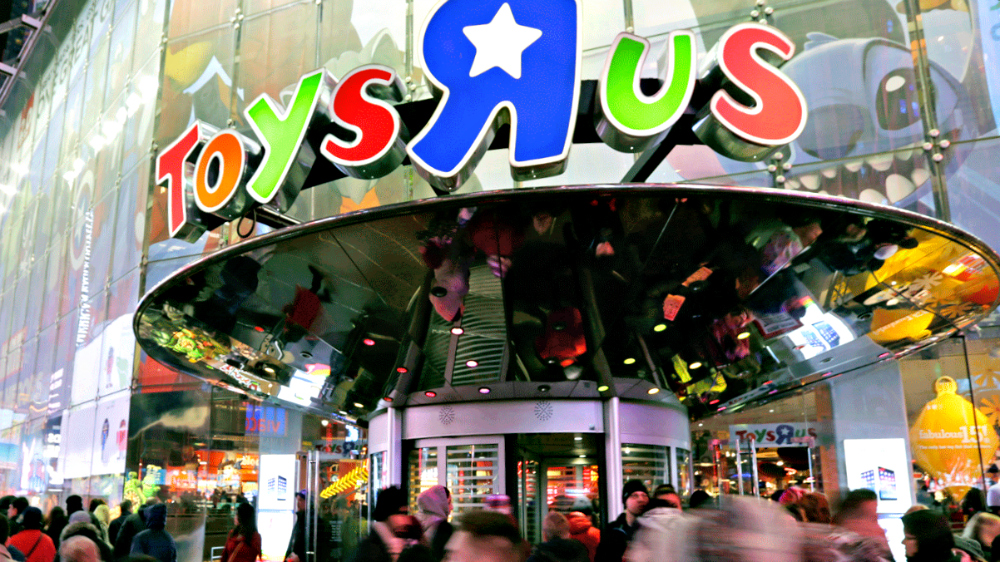Snail mail
USPS recently cultivated seemingly misrepresented information to develop a white paper report titled: “Still Relevant: A Look at How Millennials Respond to Direct Mail.”
![]()
The report, although descriptive, has received a ton of backlash from millennials who have adamantly rejected the findings.
Throw some numbers
The first assertion the study makes is that young adults do read mail, although the stereotype is that they are digital obsessed and only reachable through social media. The study establishes though, that millennials respond to “paper in a mailbox.” According to the USPS in fact, 84% of millennials take the time to look through their mail while 64% would rather scan for useful information in the mail than email.
To support this assertion they relied on other studies to develop an infographic to reveal in more depth what millennials think and do about direct mail, or paper in the mailbox. According to the infographic, 77% of Millennials pay attention to direct mail advertising, 90% believe mail is reliable and 87% actually like receiving direct mail.
Another assertion from the USPS is that there is little difference between non-millennials and millennials and how they consume mail.
According to them millennials are 5% more likely to scan the mail, organize and sort the mail, and show mail to others.
One explanation for USPS’ overall assertion that Direct Mail is still relevant is based on a study with the Center for Neural Decision Making at Temple University’s Fox School of Business on a study to gauge responses to physical and digital advertising pieces. They found that millennials processed digital ad content more quickly and spent more time with physical ads.
They also found that physical ads had a stronger emotional response and triggered activity in a part of the brain that corresponds with value and desirability.
The Canadian Post found similar results in two campaigns that used the same creative and messaging for both physical and digital media. From those they divulged that direct mail campaigns require 21% less cognitive effort to process, and participants’ recall was 70% higher when exposed to direct mail opposed to digital ads.
And despite the fact that it has been proven that millennials are more digitally engaged, the USPS and other marketers feel they are also suffering from digital fatigue and therefore ignore digital ads because they are so frequent. At the end of their white paper findings though, the USPS is careful to add that they do not recommend marketers to abandon all digital channels, because millennials are so present there.
How Do Millennials Feel About USPS’s Information on Millennials
As a millennial who vehemently avoids my mailbox, and has a monthly compost of physical ads from the USPS, I knew there would be opposition and widespread disagreement, but not like what I found. The most straightforward and common view I found, was a Facebook post with 427 likes and 48 supporting comments:

And while I don’t hate the USPS, I do partially agree with Derrick in that we don’t want mailbox fluff. A further look into comments reveals the majority of millennials and non-millennials too, disagree with the USPS’ findings.
[clickToTweet tweet=”No one we have seen agrees, so who the heck, and where the heck, did #USPS get these millennials?” quote=”A search on Reddit returns even more millennials who absolutely disagree, and makes us wonder: who the heck, and where the heck, did USPS get this information?”]
I understand physical mail may provoke more emotion than digital ads since we are digitally desensitized, but I’m interested in what group of millennials they interviewed and what they asked for them to report that 84% of millennials take the time to look through their mail.
Millennial mail
Overall, we as millennials respect the USPS for its years of service and mail delivery, but to say we prefer it’s direct mail over digital content, is largely controversial and hard to agree with.
#USPS
Lauren Flanigan is a Staff Writer at The American Genius, hailing from the windy hills of Cincinnati, with a degree in Marketing from the University of Cincinnati. She has escaped the hills, and currently resides in Atlanta, where you can almost always find her camping at a Starbucks strategizing on how to take over the world.










































Gordon Glazer
April 26, 2017 at 6:24 pm
So it appears your thesis is supported primarily from opinions and likes to a negative comment on FB. And this is worthy?
Scott
April 27, 2017 at 9:21 am
As a millennial and someone who works in the Direct Marketing Industry, I do question the percentages given on this report. I also know that my inbox is saturated with offers that I don’t even glance at.
My biggest take away from this article is trying to correlate a “Reddit User” comparatively to a “Non-Reddit User”. I think it’s fair to say the typical person who posts on Reddit will be skewed against Direct Mail or Traditional Marketing Practices.
Jamie Lumm
April 27, 2017 at 12:35 pm
I am going to avoid making a snarky comment about the obvious grammatical error in the headline, so in keeping with the dozens and dozens of pieces of junk adverts I receive every day on Facebook, “like and share if you can find the mistake.” Oops, I think I just snarked there a little.
What I find ironic about this article is how the author, in what some would describe as typical millennial fashion, dismisses the finding of two extensive studies because of “likes” and “comments” she viewed on Facebook. Seriously? Is that what millennials think constitutes research or objective polling? That’s what is called confirmation bias and is about as objectively reliable as asking Trump supports if we should build the border wall. If you really “wonder who the heck and where the heck” the USPS got this information, you should take the time to read the references listed in its many footnotes. Otherwise, people might think millennials have a short attention span.
And while you’re at it, calm down a little. There’s no need to be vehement (def: strongly emotional; characterized by rancor or hostility; marked by great energy or exertion)about avoiding your mailbox. Somebody else paid for what was sent to you. Besides, a daily stroll to your mailbox is good for you, and you can toss your junk mail in the trash (or compost) all at once rather than having to swipe or mark each piece. Meanwhile, it provides the many millennials who produce and deliver it with decent well-paying jobs.
Pingback: Amazon Hub is about to revolutionize the mail scene - The American Genius
Pingback: New USPS duck-shaped truck design has mixed reactions